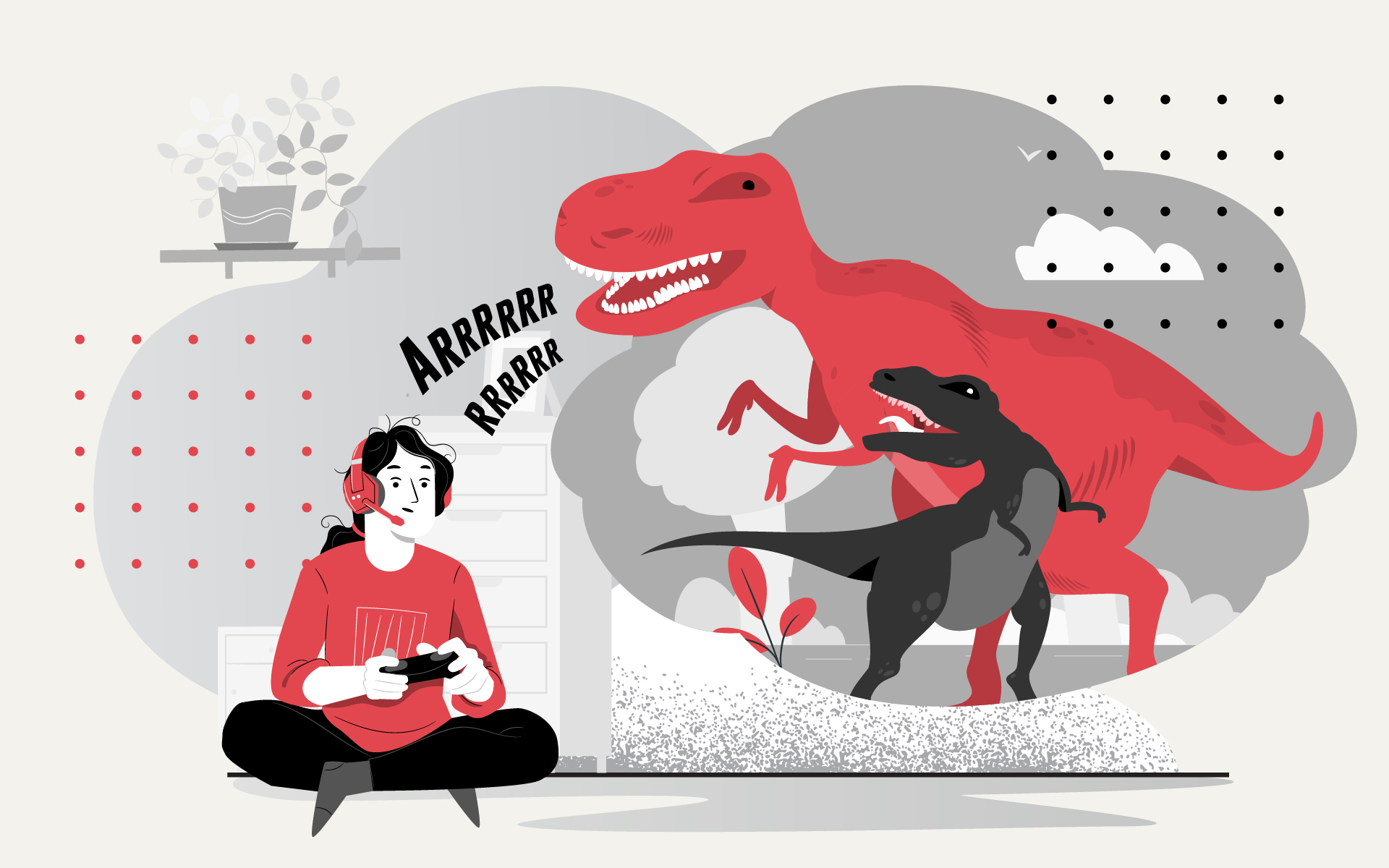 BACK TO ALL
BACK TO ALL

Sounds are an essential part of any game, be it an indie mobile project from a small studio or an AAA title. Developers commonly distinguish 2 types of audio – background music, or a soundtrack, and sound effects (FX), also known as non-musical sounds. Soundtrack refers to all melodies and ambient music you hear in a game. Sound FX, however, has nothing to do with typical compositions. They include anything non-musical that is audible throughout gameplay. Characters’ steps, gunshots, engine sounds are all examples of sound FX.
Sound effects have been used in the gaming industry since the earliest years of its existence. According to Gamespot, the first-ever example of audio effects can be heard in a 1972 game called Pong. It was a sonar-like, beeping sound generated every time a virtual ball hit a paddle. Modern games, however, mostly have complex sets of sounds, which include both sound effects and soundtracks. Large projects attract famous composers and teams of sound engineers who create captivating soundtracks and audio effects to make games much more thrilling. But is that really necessary? Does the audio affect gamers’ experience to such a significant extent that it is worth spending time and money on creating music and sound effects? According to our experience, it truly does.
Here are our 5 reasons for using both background music and sound effects in games
They make a game more spectacular
A combination of a soundtrack and audio effects that perfectly align with events in your game will definitely add to the project’s atmosphere. And we’re talking not about just stuffing sampled FX everywhere, not at all. Both music and sound effects are important, and both of them should be used properly to create an immersive experience for the gamer. For instance, audio effects in dynamic scenes are commonly loud and exciting, while background music follows the general mood of the scene, being encouraging and energetic. During important dialogues, when developers are trying to highlight the characters’ emotions, music and effects should be slower and calmer to let the player concentrate on the plot.
A decent soundtrack makes a game more memorable
While it’s hard to say how background music affects players’ performance, it clearly helps them remember a game better. A remarkable soundtrack leaves a deep trace in the players’ minds, helping them recall the game’s plot and events even if they haven’t played it for years. In addition, decent music makes your game stand out from other similar projects, which is especially important for mobile games. Competition in the mobile market is incredibly stiff, so having a clearly distinguishable soundtrack helps increase brand awareness and makes the game more recognizable.
Sound effects make an in-game world feel more mesmerizing
This is especially relevant when speaking of realistic games, such as first-person shooters or racing simulators. Some game developers use real guns to record sounds for their in-game analogs. Virtual cars resemble real ones not only in their design but in the way they sound as well. If you have ever played a game like Asphalt or Real Racing, you would be able to distinguish the sound of a Mercedes-Benz from a Lamborghini. This approach allows developers to make games closer to reality, which is often essential to the project’s perception by the audience.
Sound effects help players navigate through the game’s world better and grasp in-game mechanics faster
As mentioned earlier, the proper choice of a soundtrack allows players to remember a game in great detail. Suitably matched sound effects serve a different purpose – they help the players find directions within the game’s environment, track enemies or valuable items, and link their visual experiences to acoustic ones. For instance, a sound effect generated when a player presses a certain button can help remember the button’s position on the screen and the function that it performs. This method was applied in some of the earliest games – even Pong had audio signals that informed players about the current situation in the game.
A soundtrack increases gamers’ engagement in the process, making them play longer
A properly chosen soundtrack allows players to relax and enjoy the game without paying much attention to the amount of time they spend on it. In games with calm and steady gameplay, background music should be relaxing to add to the game’s tranquility and let the player feel relaxed. On the other hand, dynamic games should utilize music and effects that encourage players to be more active.
How do we utilize music in our games?
We recognize the importance of music and audio effects in games, so we concentrate on choosing immersive, polished soundtracks and sound FX for our products. We know that music can’t be boring or intrusive, so we aim to create a custom solution for every game we develop. Music and sound effects help players understand the game environment, navigate in its world, and merge into the gameplay, which makes them an essential part of our approach to game development.



